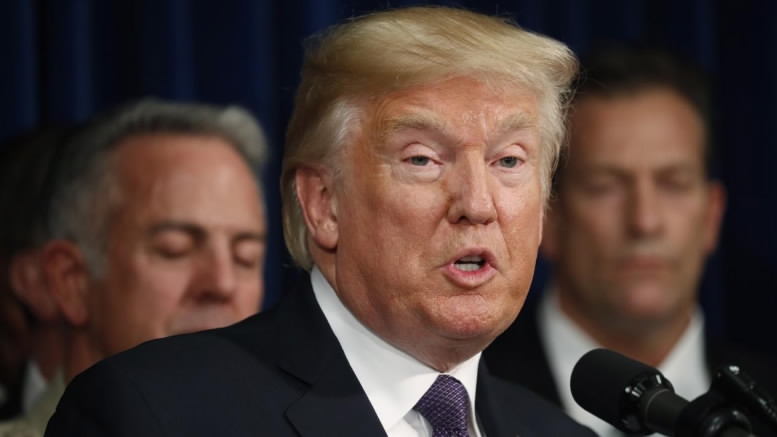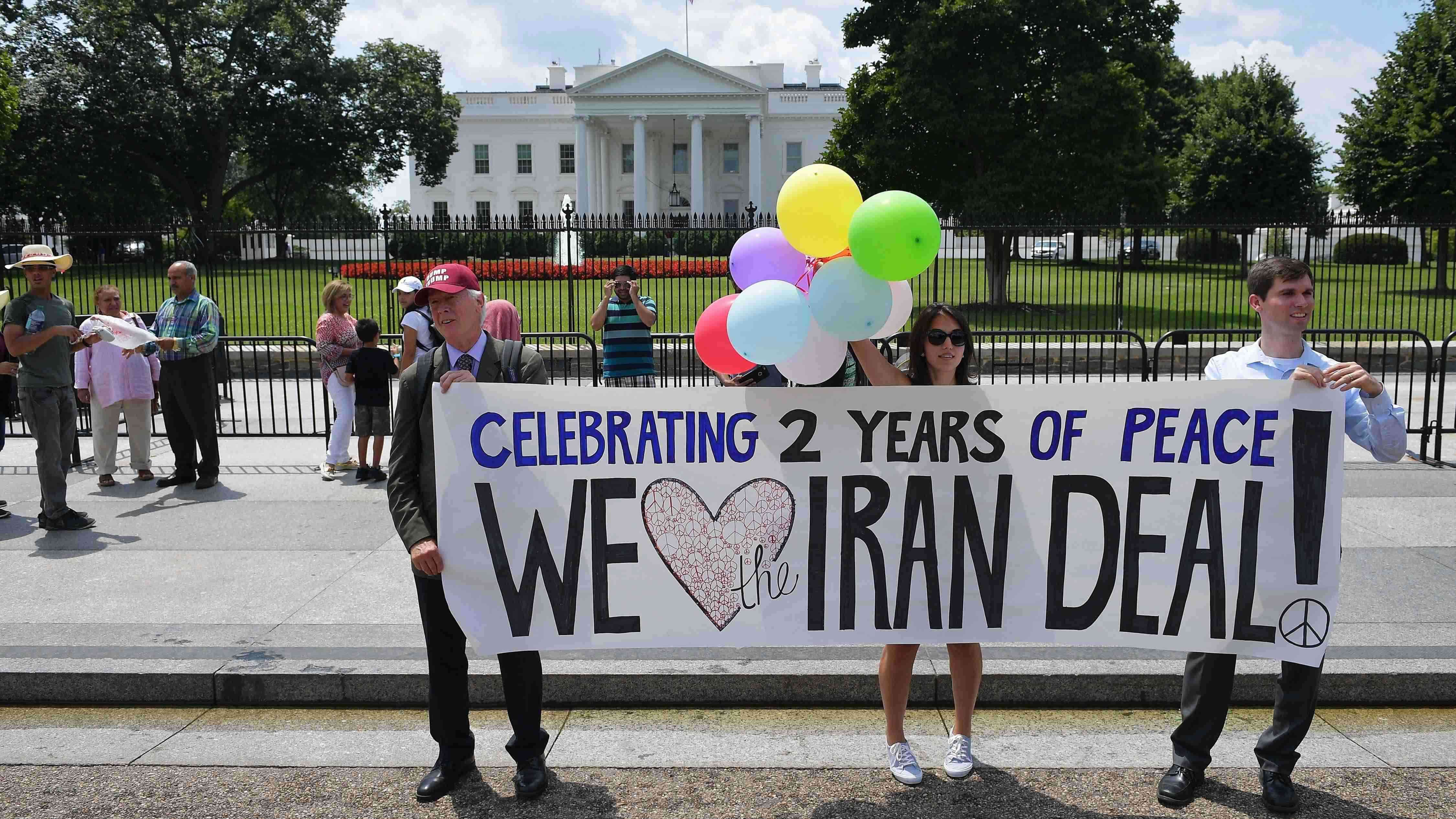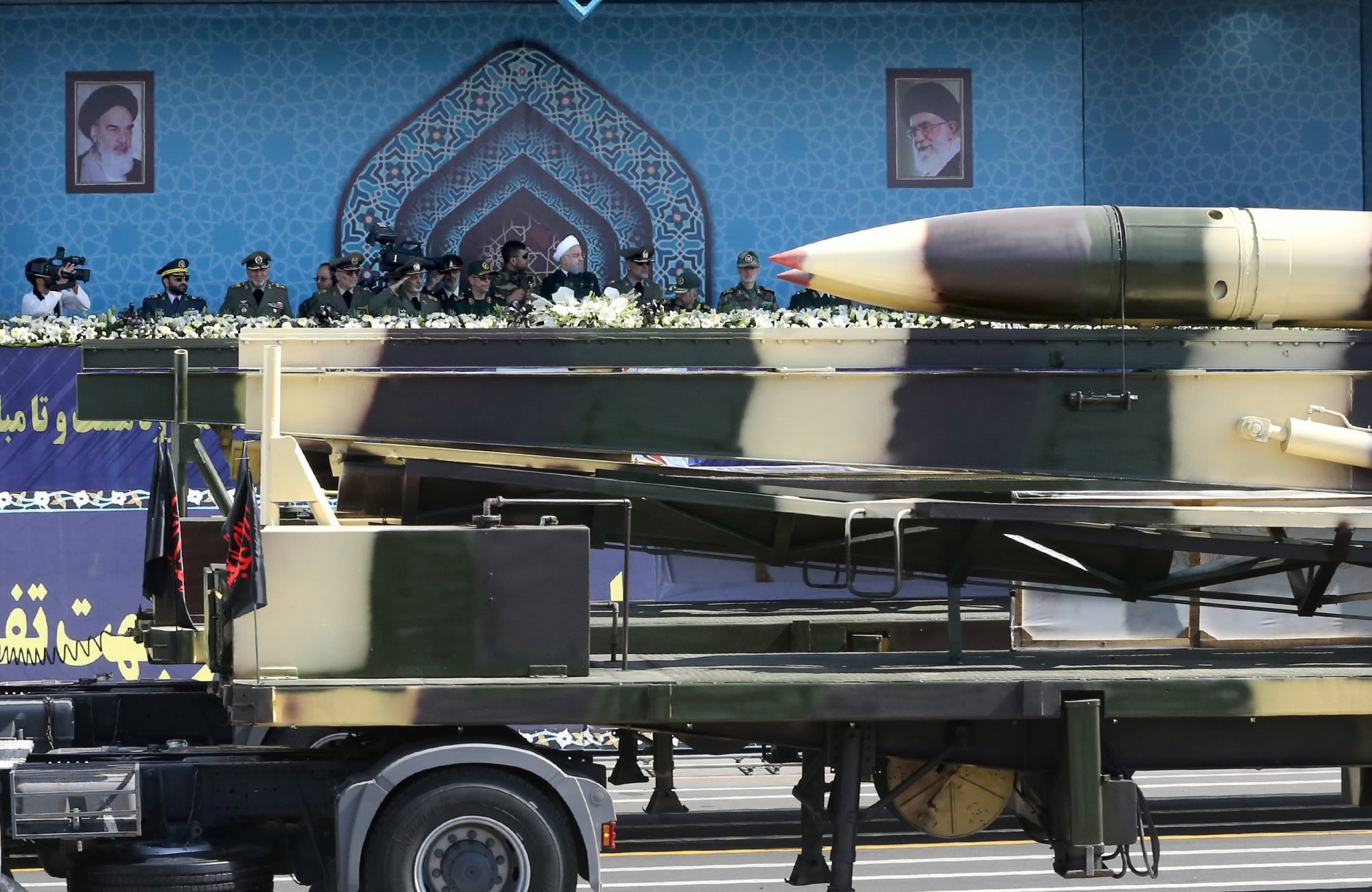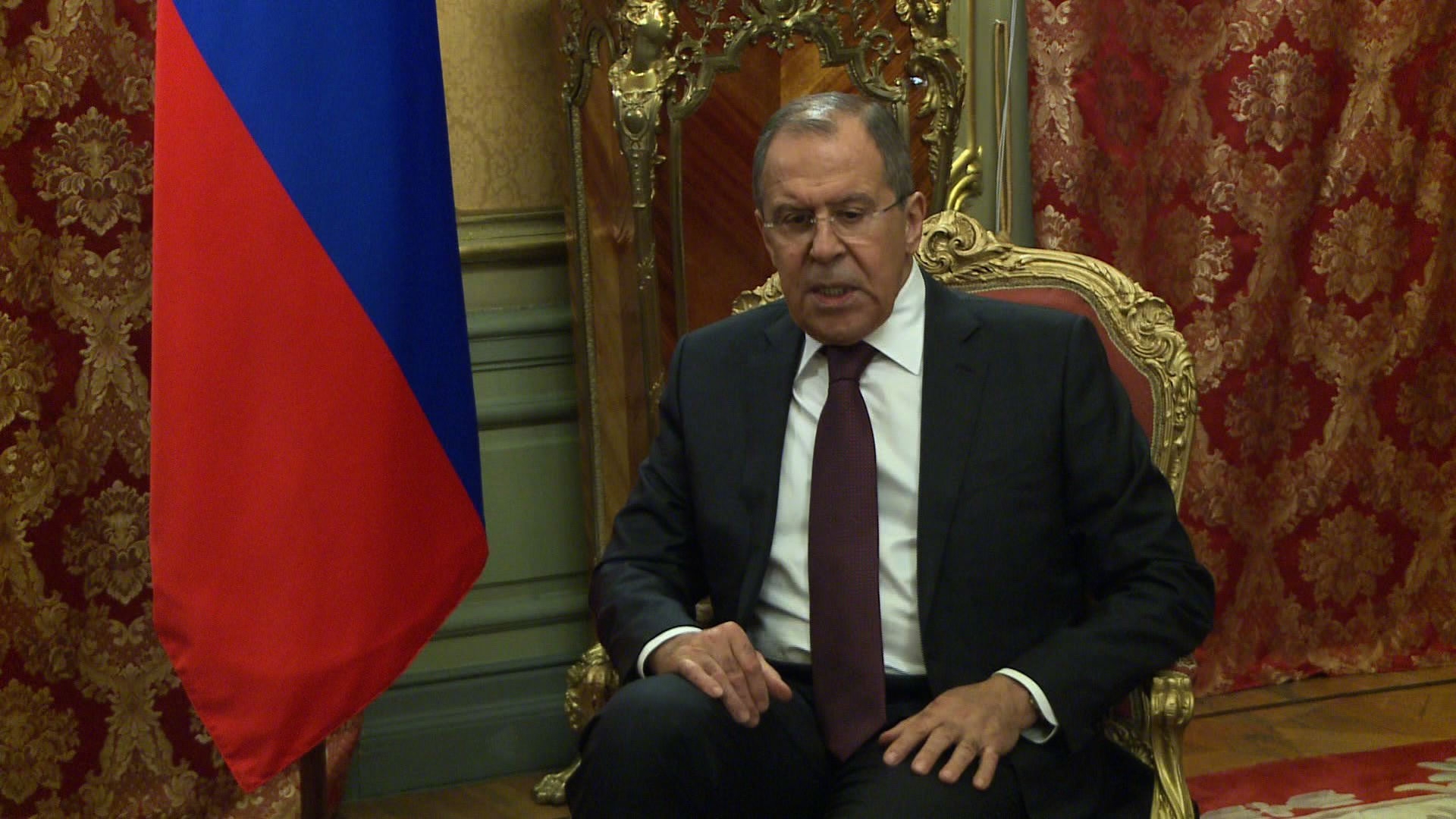
Politics
07:45, 06-Oct-2017
Trump expected to decertify Iran nuclear deal, official says
CGTN

US President Donald Trump is expected to announce soon that he will decertify the landmark international deal to curb Iran’s nuclear program, a senior administration official said on Thursday, in a step that potentially could cause the 2015 accord to unravel.
The official, speaking on condition of anonymity, said Trump is also expected to roll out a broader US strategy on Iran that would be more confrontational. The Trump administration has frequently criticized Iran’s conduct in the Middle East.
Trump, who has called the pact an “embarrassment” and “the worst deal ever negotiated,” has been weighing whether it serves US security interests as he faces an October 15 deadline for certifying that Iran is complying with its terms.

Activists take part in a rally to commemorate the nuclear deal with Iran in front of the White House, in Washington, DC, July 14, 2017. /AFP Photo
Activists take part in a rally to commemorate the nuclear deal with Iran in front of the White House, in Washington, DC, July 14, 2017. /AFP Photo
“We must not allow Iran ... to obtain nuclear weapons,” Trump said during a meeting with military leaders at the White House on Thursday, adding:
“The Iranian regime supports terrorism and exports violence, bloodshed and chaos across the Middle East. That is why we must put an end to Iran’s continued aggression and nuclear ambitions. They have not lived up to the spirit of their agreement.”
Asked about his decision on whether to certify the landmark deal, Trump said: “You’ll be hearing about Iran very shortly.”
Supporters say its collapse could trigger a regional arms race and worsen Middle East tensions, while opponents say it went too far in easing sanctions without requiring that Iran end its nuclear program permanently.
Iranian authorities have repeatedly said Tehran would not be the first to violate the accord, under which Iran agreed to restrict its nuclear program in return for lifting most international sanctions that had crippled its economy.

Missiles are displayed as Iranian President Hassan Rouhani attends an armed forces parade in Tehran, Iran, September 22, 2017. /Reuters Photo
Missiles are displayed as Iranian President Hassan Rouhani attends an armed forces parade in Tehran, Iran, September 22, 2017. /Reuters Photo
If Trump declines to certify Iran’s compliance, US congressional leaders would have 60 days to decide whether to reimpose sanctions on Tehran suspended under the agreement.
Whether Congress would be willing to reimpose sanctions is far from clear. While Republicans, and some Democrats, opposed the deal when it was approved in 2015, there is little obvious appetite in Congress for dealing with the Iran issue now.
The prospect that Washington could renege on the pact, which was signed by the United States, Britain, France, Germany, Russia, China, the European Union and Iran, has worried some of the US allies that helped negotiate it.
“We, the Europeans, we have hammered this: the agreement is working,” said a European diplomat who asked to remain anonymous. “We as Europeans, have repeated ... it’s impossible to reopen the agreement. Period. It’s impossible.”
French President Emmanuel Macron said last month there was no alternative to the nuclear accord, formally known as the Joint Comprehensive Plan of Action (JCPOA).
A senior Iranian diplomat told Reuters on Thursday the end result of Trump’s expected move would be to isolate the United States since the Europeans would continue to support it.
“Many foreign investors told us that they will not be scared away from Iran’s market if Trump decertifies the deal,” the diplomat said.

Russian Foreign Minister Sergei Lavrov also said on Friday he hoped US President Donald Trump would make a "balanced" decision on whether to remain engaged in the international deal to curb Iran's nuclear program.
"It is very important to preserve it in its current form and of course the participation of the United States will be a very significant factor in this regard," Lavrov told reporters during a visit to Kazakhstan.
Source(s): Reuters
,Xinhua News Agency

SITEMAP
Copyright © 2018 CGTN. Beijing ICP prepared NO.16065310-3
Copyright © 2018 CGTN. Beijing ICP prepared NO.16065310-3